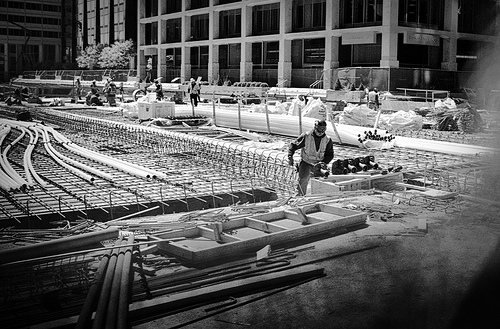
General contractors need to oversee more than you would think on construction sites. Almost always, there are contracts involved so all parties involved can agree on what responsibilities belong to whom and what to do if problems arise. One problem or potential for conflict can be when surprise costs come up and increase the budget. However, those costs can sometimes be necessary. The article below discusses how general contractors can track those costs so their counterparts can understand where their money went and why.
By Matthew Devries on August 25, 2016
I previously blogged about the importance of using daily reports to prove construction claims.
In addition to daily reports, the following records should be prepared and maintained in the normal course of business to help prove claims and effectively manage the project:
If a contractor expects to seek additional compensation for an encountered condition, it should create an additional job cost category describing the extra work. Once the new cost category is created, the supervisor responsible for completing the daily report should assign all additional labor and equipment hours to the newly created cost code. Where an unforeseen condition creates additional work not included in the original contract, recording labor and equipment hours is quite easy. On the other hand, when unforeseen conditions create no new work, but rather, take the form of impeding a crew’s progress, the recording task becomes more difficult.
Source: Best Practices Construction Law Image: Tanzer18